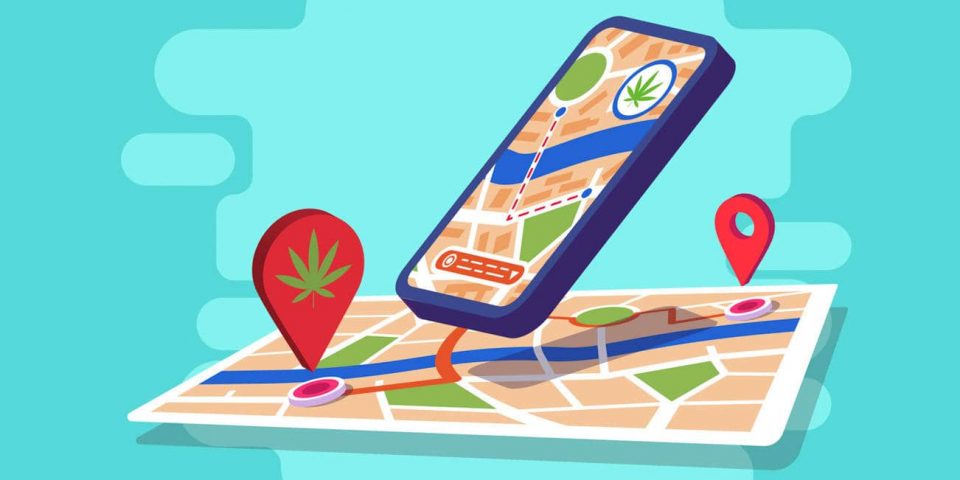Apple will no longer prohibit marijuana delivery services from being hosted on its App Store—one of the latest pro-cannabis developments to come out of the tech industry.
The policy was updated last month to remove the ban, with some restrictions. A marijuana app must be geo-restricted to jurisdictions where cannabis is legal, and the program must be “submitted by a legal entity that provides the services, and not by an individual developer.”
Here’s what the previous policy said:
“Apps that encourage consumption of tobacco and vape products, illegal drugs, or excessive amounts of alcohol are not permitted on the App Store. Apps that encourage minors to consume any of these substances will be rejected. Facilitating the sale of controlled substances (except for licensed pharmacies), marijuana, or tobacco is not allowed.
The new policy, which was updated on June 7, reads:
“Apps that encourage consumption of tobacco and vape products, illegal drugs, or excessive amounts of alcohol are not permitted on the App Store. Apps that encourage minors to consume any of these substances will be rejected. Facilitating the sale of controlled substances (except for licensed pharmacies and licensed or otherwise legal cannabis dispensaries), or tobacco is not allowed.”
…
“Apps that provide services in highly-regulated fields (such as banking and financial services, healthcare, gambling, legal cannabis use, and air travel) or that require sensitive user information should be submitted by a legal entity that provides the services, and not by an individual developer. Apps that facilitate the legal sale of cannabis must be geo-restricted to the corresponding legal jurisdiction.”
TechCrunch first reported on the new guidelines, and WeedWeek later flagged the marijuana-specific guidance.
In contrast, Google’s Android app hub updated its policy in 2019 to explicitly prohibit programs that connect users with cannabis, no matter whether it is legal in the jurisdiction where the user lives.
“We don’t allow apps that facilitate the sale of marijuana or marijuana products, regardless of legality,” it says, adding that some examples of violations would be “allowing users to order marijuana through an in-app shopping cart feature” or “assisting users in arranging delivery or pick up of marijuana.”
It also says that “facilitating the sale of products containing THC (Tetrahydrocannabinol), including products such as CBD oils containing THC” is against its policies.
Chris Vaughn, CEO of the California delivery service Emjay, told WeedWeek that he believes Apple’s decision was informed by the continuing legalization movement in states like New York, as well as Amazon’s recent announcement that it will no longer be drug testing workers for cannabis in addition to lobbying for a federal legalization bill. He added that he thinks Google will “follow quickly” to update its own policies.
Apple’s App Store was responsible for $643 billion in billings and sales last year. That came out to a rise of 24 percent year over year.
According to the tech giant, the number of small developers has boosted by 40 percent since 2015. They now make up over nine out of 10 developers on the App Store.
A recent study considers a small business to be one with under one million downloads and under $1 million in earnings throughout all apps in any year.





